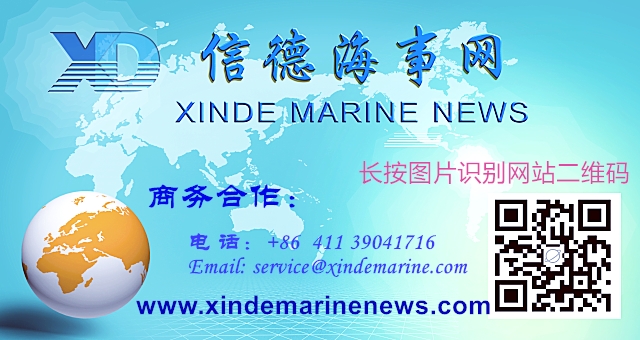China's Belt and Road Initiative impacting project cargo risk profile

The size of project cargo risk and its changing profile as more Belt and Road Initiative (BRI) projects start to kick in is causing the need for different types of surveyors from the traditional marine warranty surveyors that are routinely used for loading operations.
"As a rule, we will always use a marine warranty surveyor where Delay in Start-up (DSU) is concerned on the load out and load in of critical items oarticularly from the sea fastening aspect... but once you've got it off and on to a trailer everything changes," said Munich Re Syndicate Singapore regional marine underwriter Tony Betteridge.
He added that from a project cargo perspective he is finding the largest losses are on the inland transit section and as a result is looking at surveyors that have a mechanical background for aspects of the job such as hydraulic systems, and perhaps civil surveyors for things like bridge loading.
"In the project cargo field we're moving more and more away from a pure marine warranty surveyor to surveyors with skills in all sorts of different classes," Betteridge said.
Meanwhile project cargo is seeing larger values of risks, not just on the conveyance limit but also the DSU values at the back end which can see sums insured of as high as $1bn now.
Project-critical equipment is routinely shipped around the world and high levels of risk are associated with these shipments due to the nature of the cargo, transport logistics, and tight timeframes.
Failure of a shipment to arrive intact can balloon a simple cargo loss into a multi-million dollar Delay in Start-up (DSU) loss when factors such as re-fabrication, shipping, expenses, lost profits and other operational costs are considered.
This is being compounded by the fact that BRI projects are increasingly coming to the fore and these are going to places with very different infrastructure from that traditionally expected in places such as Southeast Asia.
Noting that almost any project on BRI will involve putting cargo on trailers, especially larger items on very sophisticated hydraulic module trailers, Betteridge reiterated "like a ship they have to be properly maintained and properly underwritten".
"When you're handling this sort of cargo the distances involved, particularly in BRI projects potentially are going to be very long inland transits," he emphasised and so therefore with some of the extra long trailers, some with up to 24 axles, there needs to be extra attention paid to overland issues.
"You're moving away more from a traditional marine survey to a route survey as well," Betteridge said.
sources:seatrade-maritime
投稿或联系信德海事:
admin@xindemarine.com

